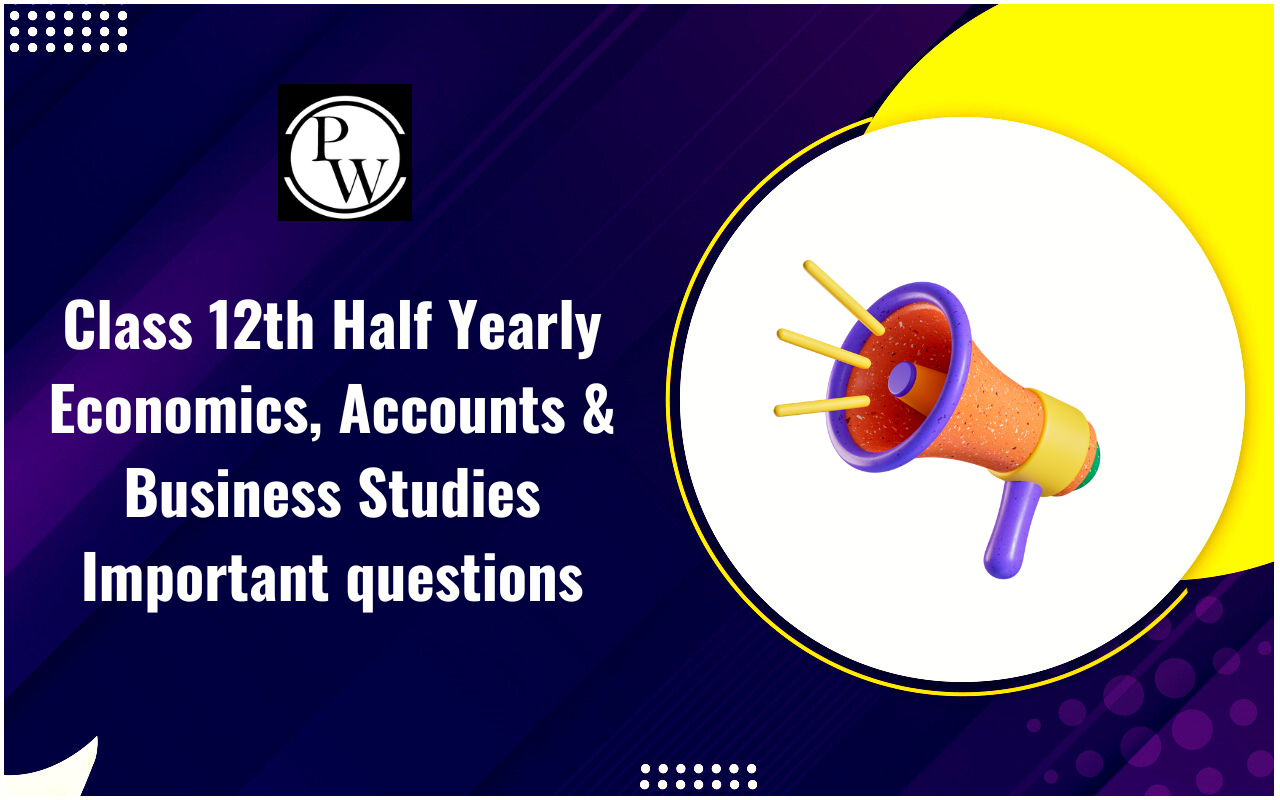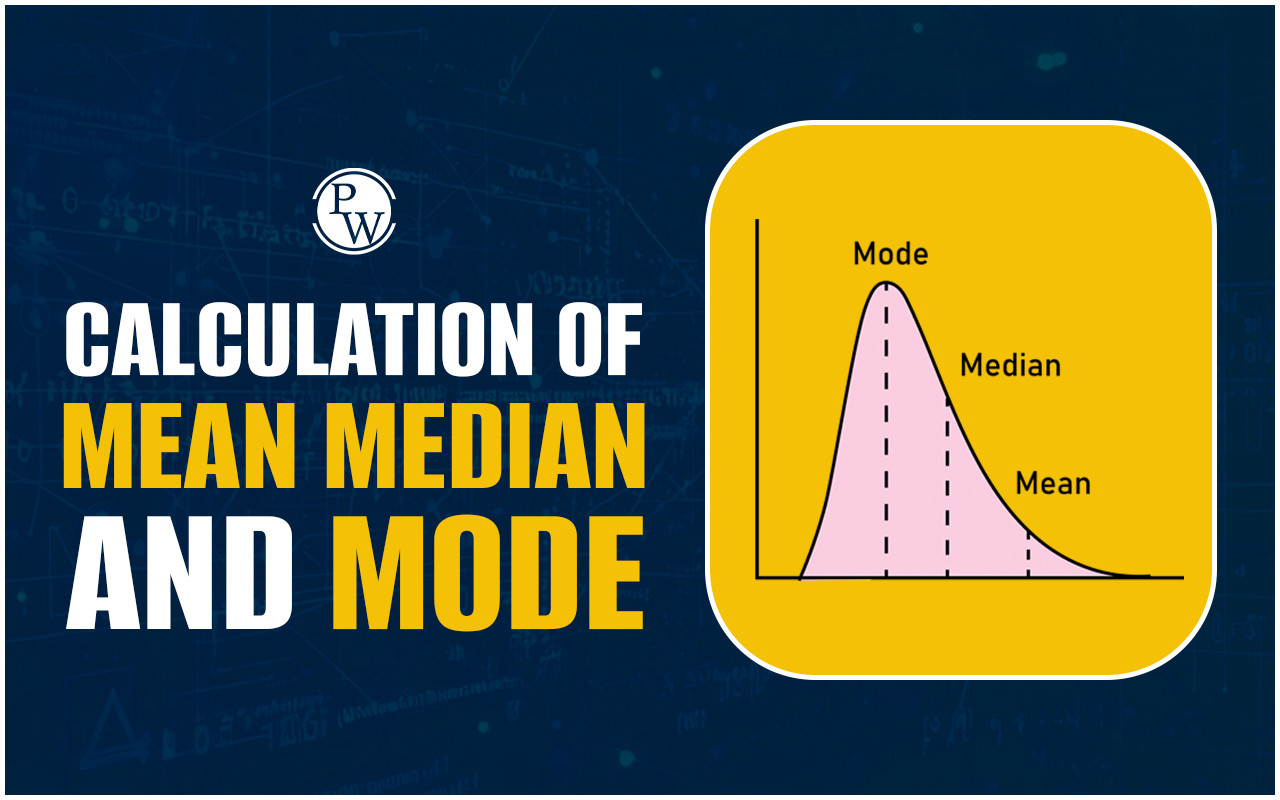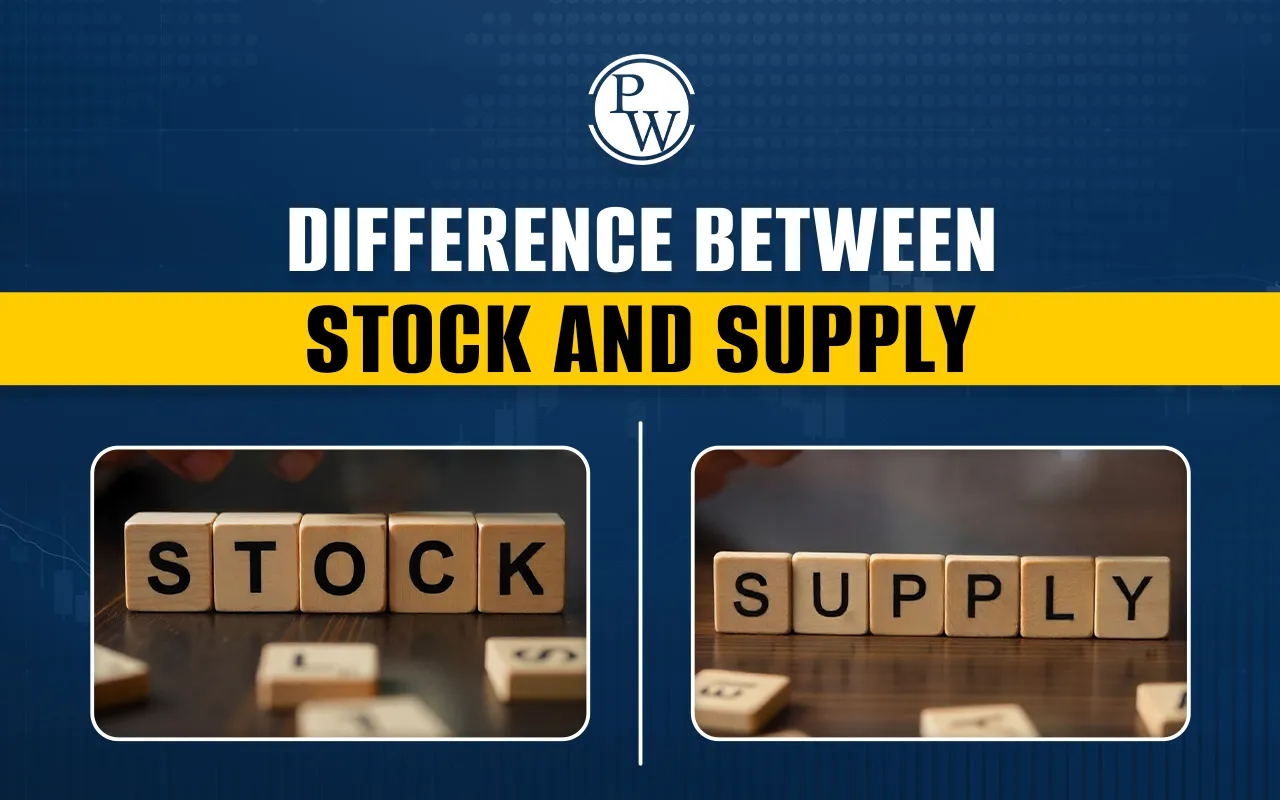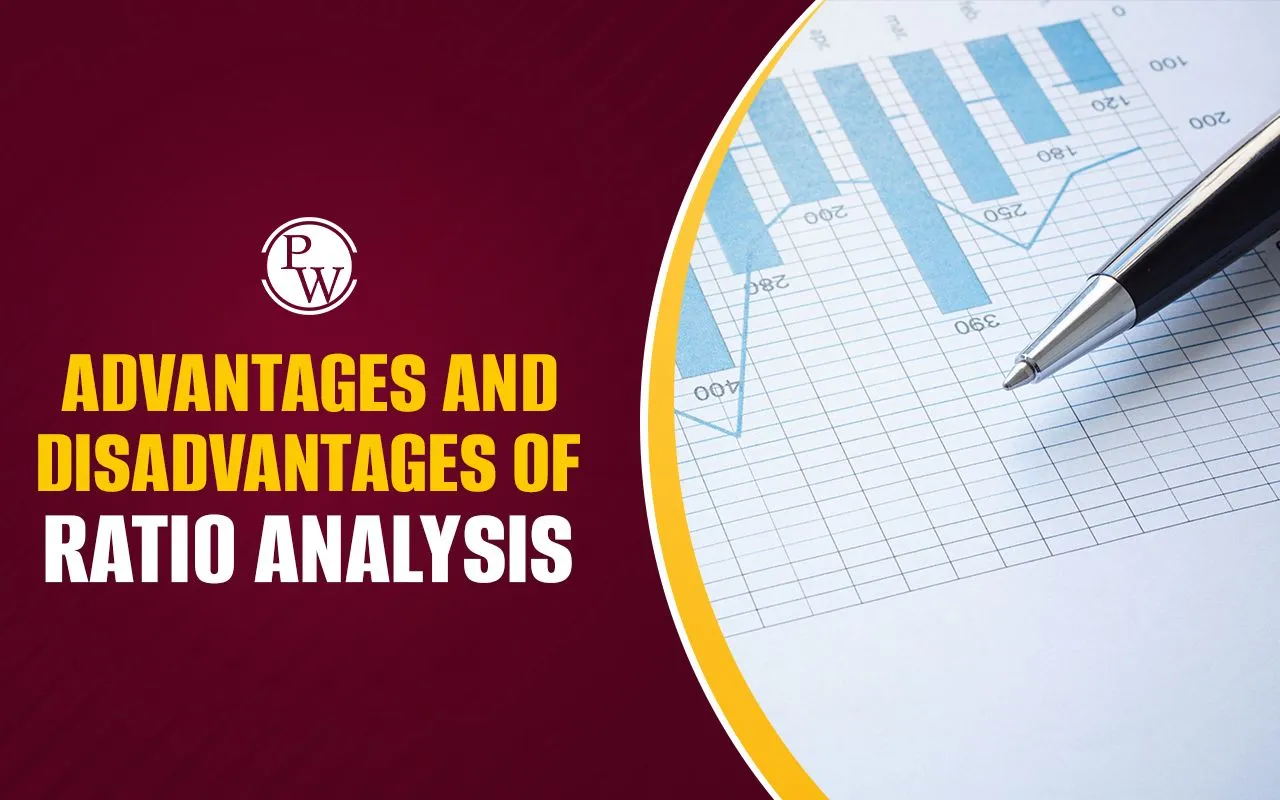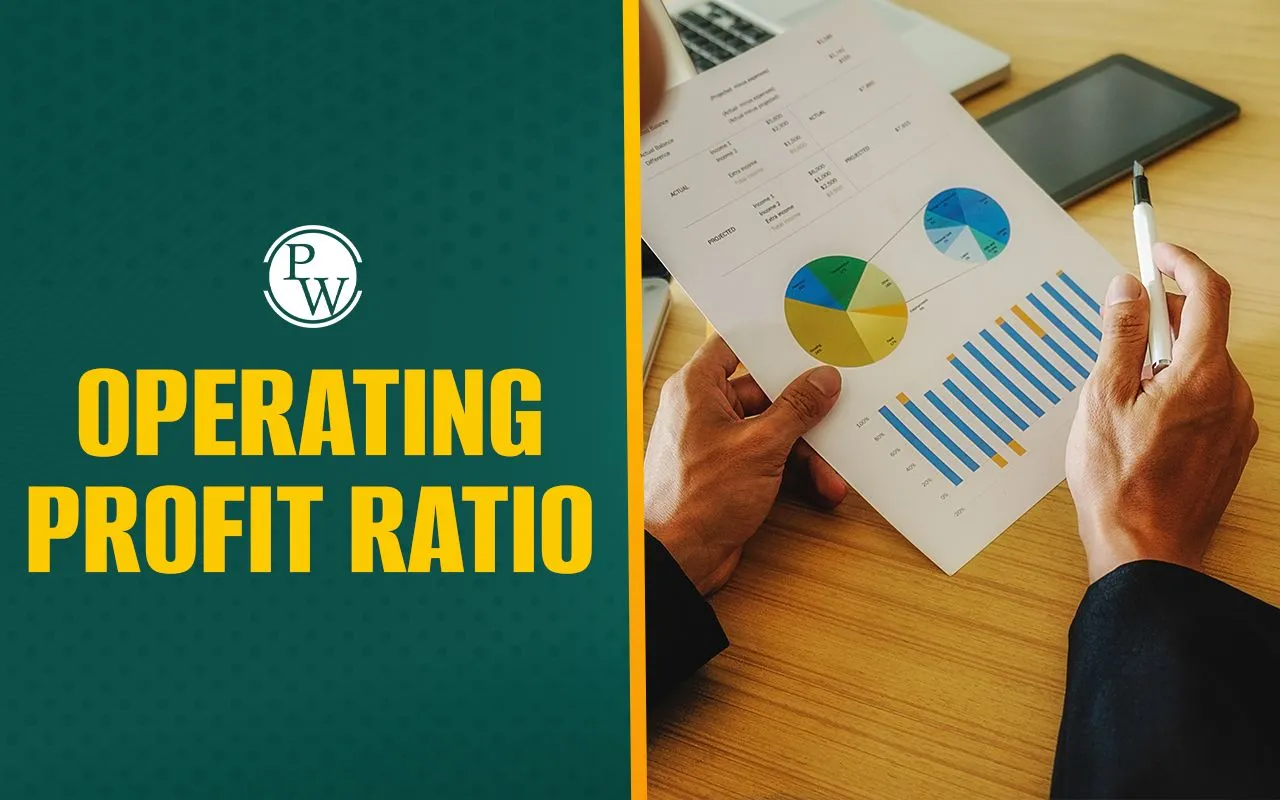
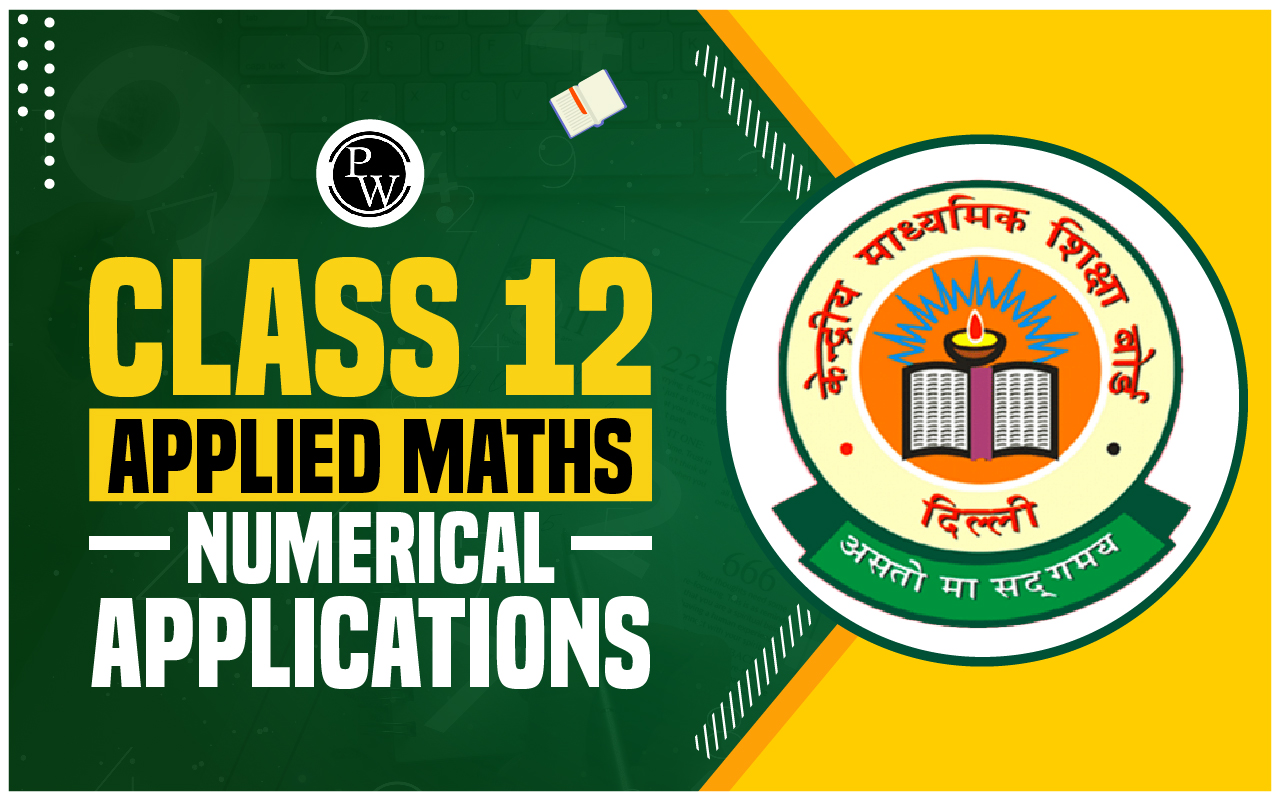
Class 12 Applied Maths Numerical Applications: The CBSE board has recently added a subject called Applied Mathematics to enhance your math abilities. One of the key topics in this course is Numerical Mathematics, which is included in the Class 12 syllabus.
The purpose of studying Numerical Mathematics is to understand its importance and how it can be applied in various fields. This subject aims to highlight its practical use in different areas of life. In this article, we'll delve into the specifics of CBSE Class 12 Applied Maths Numerical Applications.Class 12 Applied Maths Numerical Applications
Numerical methods are computer techniques used to crunch numbers and solve problems when traditional methods fail. They give us close enough answers to tricky problems that can't be solved by hand. In simpler terms, Numerical Applications are all about dealing with numbers directly, without worrying about real-life situations. Class 12 Applied Maths Numerical Applications cover a wide range of number-related problems, from stuff you've already learned like Set Theory and Venn Diagrams to new topics like Calculus and Interpolation. Numerical Mathematics is used in lots of areas like Integration, Differentiation, algorithms, space math, programming, and more.Class 12 Applied Maths Numerical Applications Syllabus
To do well in your Class 12 Commerce board exams, understanding numerical applications in CBSE Class 12 Maths is crucial. This includes topics like set theory, Venn diagrams, and newer concepts such as Integration, Differentiation, Interpolation, and solving equations. Let's delve into the specific topics covered in CBSE Class 12 Applied Maths Numerical Applications:- Prime Numbers and their applications, including encryption techniques.
- Binary Numbers and their significance.
- Introduction to Complex Numbers.
- Understanding Indices, Logarithms, and Antilogarithms.
- Exploring the laws and properties of logarithms.
- Practical applications of logarithms and antilogarithms.
- Solving numerical problems related to averages, calendars, clocks, time, work, distance, mensuration, and seating arrangements.
Class 12 Applied Maths Numerical Applications Weightage
In Class 12 Applied Mathematics, Numerical Applications play a vital role. This topic is significant for CBSE Class 12 Board Exams. Compared to Probability and other topics, the syllabus for Numerical Ability is shorter and carries the 4th highest weightage. Numerical Applications contribute 9 marks out of the total 80 marks in your CBSE Class 12 Maths Board paper, making up 11.25% of the entire paper.| Class 12 Applied Maths Numerical Applications Weightage | ||
| Subject | Number of Periods | Weightage |
| Numerical Applications | 20 | 09 |
What to Expect in Class 12 Applied Maths Numerical Applications Exam?
Understanding the CBSE Class 12 Board syllabus for Numerical Applications (part of Applied Mathematics) requires a good grasp of its content. This topic primarily deals with numbers and the calculations associated with them, including simple calculations with certain limitations like Limits. The trickiest section in Class 12 Applied Maths Numerical Applications is Calculus, so it's crucial to focus extra attention and time on it. Questions on Calculus and interpolation are likely to carry higher marks, with integration being a major component of the Calculus paper.Tips for Class 12 Applied Maths Numerical Applications
Success in your Class 12 Applied Maths Numerical Applications section hinges on your preparation. Your readiness depends on crafting a solid Preparation Strategy. Here are key tips for excelling in Class 12 Applied Maths Numerical Applications:- Stick to the Syllabus: Consult the syllabus whenever you're unsure about topic relevance. Let it guide you toward mastering CBSE 12 Numerical Applications.
- Learn from Examples: Don't just tackle exercises; work through solved examples too. Often, exam questions mirror these examples.
- Consult Reference Books: Especially for Calculus, supplement your learning with reference books—but only after you've covered the NCERT Textbook.
- Practice Previous Years' Papers: Enhance time management and uncover shortcuts by solving past papers. Familiarize yourself with exam patterns and question trends.
- Limit Calculator Use: Sharpen your mental math by solving problems manually. Practising without calculators strengthens calculation skills and mental agility, paving the way for tackling more complex questions effortlessly.
| Related Links | |
| CBSE Class 12 Applied Mathematics 2024 | CBSE Class 12 Applied Maths Algebra |
| CBSE Class 11 Applied Maths Syllabus | CBSE Class 11 Applied Maths Coordinate Geometry |
Class 12 Applied Maths Numerical Applications FAQs
What is the significance of Numerical Applications in CBSE Class 12 Applied Maths?
Numerical Applications enhance math abilities by solving complex problems, including integration, differentiation, and practical applications like encryption.
What topics are covered in the Numerical Applications syllabus?
The syllabus includes prime numbers, binary numbers, complex numbers, indices, logarithms, practical problem-solving, and calculus.
How much weightage does Numerical Applications carry in the board exam?
Numerical Applications contribute 9 marks out of the total 80 marks, making up 11.25% of the CBSE Class 12 Maths Board paper.
What should I expect in the Class 12 Applied Maths Numerical Applications exam?
Expect questions on various numerical topics, with a focus on calculus and interpolation. Practice previous years' papers for better preparation.
What are some tips for excelling in the Numerical Applications section?
Stick to the syllabus, learn from examples, consult reference books, practice previous years' papers, and limit calculator use to sharpen mental math skills.
Talk to a counsellorHave doubts? Our support team will be happy to assist you!

Check out these Related Articles
Free Learning Resources
PW Books
Notes (Class 10-12)
PW Study Materials
Notes (Class 6-9)
Ncert Solutions
Govt Exams
Class 6th to 12th Online Courses
Govt Job Exams Courses
UPSC Coaching
Defence Exam Coaching
Gate Exam Coaching
Other Exams
Know about Physics Wallah
Physics Wallah is an Indian edtech platform that provides accessible & comprehensive learning experiences to students from Class 6th to postgraduate level. We also provide extensive NCERT solutions, sample paper, NEET, JEE Mains, BITSAT previous year papers & more such resources to students. Physics Wallah also caters to over 3.5 million registered students and over 78 lakh+ Youtube subscribers with 4.8 rating on its app.
We Stand Out because
We provide students with intensive courses with India’s qualified & experienced faculties & mentors. PW strives to make the learning experience comprehensive and accessible for students of all sections of society. We believe in empowering every single student who couldn't dream of a good career in engineering and medical field earlier.
Our Key Focus Areas
Physics Wallah's main focus is to make the learning experience as economical as possible for all students. With our affordable courses like Lakshya, Udaan and Arjuna and many others, we have been able to provide a platform for lakhs of aspirants. From providing Chemistry, Maths, Physics formula to giving e-books of eminent authors like RD Sharma, RS Aggarwal and Lakhmir Singh, PW focuses on every single student's need for preparation.
What Makes Us Different
Physics Wallah strives to develop a comprehensive pedagogical structure for students, where they get a state-of-the-art learning experience with study material and resources. Apart from catering students preparing for JEE Mains and NEET, PW also provides study material for each state board like Uttar Pradesh, Bihar, and others
Copyright © 2025 Physicswallah Limited All rights reserved.
